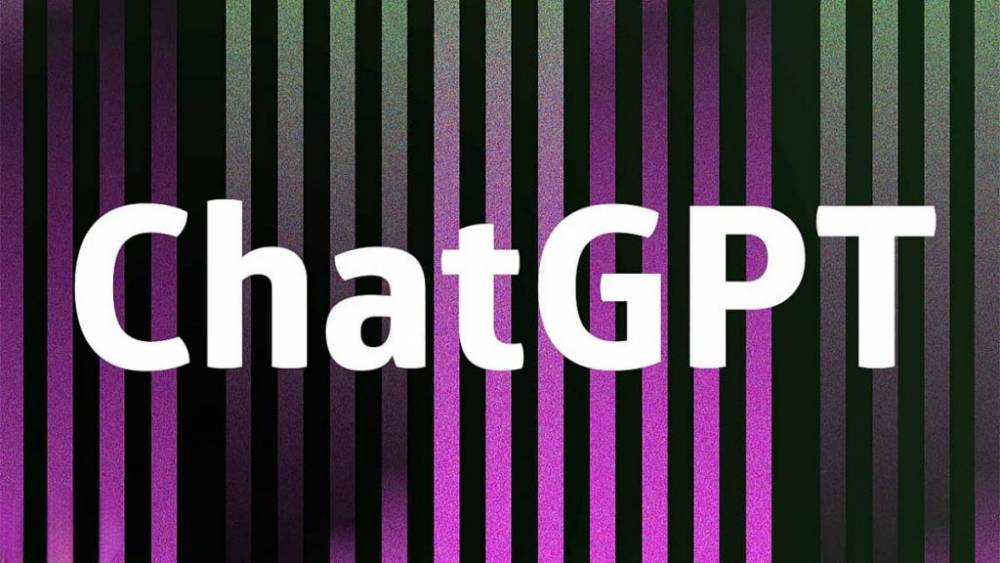-
Admin
- 29 February 2024
The Future of Chat GPT: Will It Replace Humans?
As the digital landscape continues to evolve, the emergence of advanced AI models like Chat GPT prompts profound questions about the future of human interaction and labor. While these systems offer unprecedented efficiency and scalability, concerns linger about the potential for job displacement and ethical dilemmas. In navigating this complex terrain, society grapples with the delicate balance between harnessing the benefits of AI and preserving the essence of human ingenuity and empathy. The journey ahead unfolds against a backdrop of innovation and uncertainty, where the trajectory of AI's impact on humanity remains a subject of intense debate and introspection.

The advent of advanced AI models like Chat GPT has ignited a contentious debate about the potential for artificial intelligence to supplant human interaction and labor. As these systems become increasingly sophisticated, questions arise about the extent to which they may replace humans in various roles and domains. This discourse examines both the promises and perils of AI like Chat GPT, weighing the potential benefits against the ethical, societal, and economic implications of its widespread adoption.
Points in Favor:
Efficiency and Scalability: Chat GPT and similar AI systems offer unparalleled efficiency and scalability, capable of handling vast amounts of data and interactions with minimal human intervention. This efficiency can lead to cost savings and increased productivity in various sectors, from customer service to content generation.
24/7 Availability: Unlike humans, AI operates tirelessly and is available 24/7, providing round-the-clock support and services without the limitations of fatigue or time zones. This continuous availability ensures prompt responses and support for users across different regions and timeframes.
Automation of Repetitive Tasks: AI excels at automating repetitive and mundane tasks, freeing up human resources to focus on more complex and creative endeavors. By delegating routine tasks to AI, organizations can enhance efficiency and allocate human talent to tasks that require critical thinking and innovation.
Data Analysis and Insights: AI systems like Chat GPT are adept at analyzing vast datasets and extracting valuable insights, enabling data-driven decision-making in various domains. From healthcare diagnostics to financial forecasting, AI can process and interpret data at speeds far beyond human capabilities, leading to more accurate predictions and outcomes.
Personalization and Customization: AI-powered systems can personalize experiences for users based on their preferences, behaviors, and past interactions. Through machine learning algorithms, Chat GPT can tailor responses and recommendations to individual users, enhancing user satisfaction and engagement.
Points Against:
Job Displacement: One of the primary concerns surrounding AI is the potential for job displacement as automation replaces human labor in various industries. While AI creates new opportunities in fields like data science and AI development, it may lead to unemployment and economic disruption in sectors heavily reliant on manual labor.
Loss of Human Touch: Despite advances in natural language processing, AI lacks the nuanced understanding, empathy, and emotional intelligence inherent in human interactions. The impersonal nature of AI communication may lead to a loss of human connection and diminish the quality of interpersonal relationships.
Ethical Dilemmas: AI systems like Chat GPT raise ethical dilemmas regarding privacy, consent, and bias. The use of AI in sensitive domains such as healthcare, law enforcement, and finance raises concerns about data security, algorithmic biases, and potential misuse of personal information.
Dependency and Reliability: Over-reliance on AI systems may lead to dependency and vulnerabilities in critical infrastructure and decision-making processes. The opacity of AI decision-making and the potential for algorithmic errors or malfunctions pose risks to reliability and trust in AI-driven systems.
Societal Impact: The widespread adoption of AI could exacerbate societal inequalities, particularly in access to technology and opportunities. Vulnerable populations may face discrimination and exclusion in AI-driven societies, perpetuating existing disparities and widening the digital divide.
Conclusion:
In conclusion, while AI like Chat GPT holds immense promise in enhancing efficiency, productivity, and innovation, its widespread adoption raises complex ethical, societal, and economic challenges. While AI may augment human capabilities and streamline processes, it is unlikely to completely replace the irreplaceable qualities of human creativity, empathy, and moral judgment. The future lies in harnessing the potential of AI while ensuring responsible development, ethical deployment, and equitable access to its benefits. Balancing the opportunities and risks of AI requires thoughtful consideration, regulation, and collaboration between technology developers, policymakers, and society at large.
Discover Excellence at AVKS ACADEMY
ENROLL NOW : https://shorturl.at/jotKO
Visit our website : AVKS Academy One of the Leading Insitute for UPSC CAPF Exam Preparation in India.
or contact us today to embark on your journey to greatness. Your success story begins here!"
Contact : 7093777494 , 7404460797
TELEGRAM : https://t.me/avksacademycapfac
INSTAGRAM : https://instagram.com/avkscapf?igshid=MzRlODBiNWFlZA==

